As the US election day dawns, history suggests that the issues debated in a presidential campaign will not be ones that are most important to the next president.
As US Secretary of Defense, Donald Rumsfeld famously identified one category of risks in Iraq as “unknown unknowns” – those things that “we do not know we don’t know.” Nassim Nicholas Taleb developed the black swan theory, dealing with the occurrence of highly unlikely, nearly unpredictable and critically important events. History suggests that these are ways to look at the new presidential administration, too.
Much has been made of the economy during this 2012 campaign, and rightly so. Unemployment rates have risen to levels not seen in a generation, the annual budget deficits and total US government debt have soared, and the housing sector has continued to struggle. Over the course of the campaign, Governor Mitt Romney and his fellow Republican candidates have criticized the policies and performance of Barack Obama, while the president has cited the slow economic recovery as evidence of the severity of the crisis he inherited and proof that his policies are working. The media cacophony has surged at every minute movement of the unemployment rate, assessing its impact on the race.
Past evidence, however, suggests that the campaign issues of presidential candidates can be very different than the challenges they face once in office.
Senator Obama distinguished himself as the anti-war candidate in 2007 and 2008, opposed especially to the war in Iraq and the Guantanamo detention center for suspected terrorists. But a great financial crisis consumed much of his administration’s energies, while Republicans continued to attack his signature achievement, national health care reform. The Obama administration struggled with how to handle democratic movements and their aftermath in Iran, Egypt, Libya and Syria, while it sharply increased drone attacks into Pakistan and Yemen. Suspected terrorists continued to be detained at Guantanamo.
Previous administrations have also been driven by events not in their campaign platforms. In 1999, Texas Governor George W. Bush announced his run for the presidency with a speech about compassionate conservatism: tax, social and educational policies. His campaign argued against the humanitarian intervention and nation-building of the Clinton administration. President Bush achieved his tax cuts and education reform, but after the 9/11 attacks, his next seven years were dominated by the wars in Afghanistan and Iraq and their long and costly nation-building efforts.
Arkansas Governor Bill Clinton wooed both Wall Street and labor unions in his “It’s the economy, stupid” campaign in 1992. But it was the meteoric rise of a dot-com industry that barely existed at the time he took office, that led the American economy throughout the decade. Meanwhile, Clinton struggled with an unexpected Republican revolution, financial crises in Mexico and Asia (and almost Wall Street), military-led humanitarian missions in Haiti, Somalia, Bosnia and Kosovo, and historic legal and political issues stemming from his personal behavior.
Earlier cases are also instructive:
- As a presidential candidate, Vice-President George H.W. Bush promised a “kinder, gentler nation” and help to “freedom fighters” in Afghanistan, Africa and Nicaragua. As president, he helped manage the peaceful reunification of Europe, and his popularity soared by leading a global military coalition to liberate non-democratic (and oil-producing) Kuwait. But tagged with his broken no-new-taxes pledge, he was not re-elected.
- Ronald Reagan was a staunch anti-Communist, but later developed a world-changing relationship with Soviet reformer Mikhail Gorbachev.
- Governor Jimmy Carter ran as an outsider and reformer in the wake of Vietnam and Watergate, but struggled with high inflation, the Soviet invasion of Afghanistan, and the relentless story of Americans held hostage in Iran.
- Senator Harry Truman was famous for his investigations of the federal contracting system, yet is known for dropping atomic bombs on Japan (though he did not know of them before his presidency). He also presided over the Marshall Plan, NATO, the UN, the Cold War and the Korean War.
- Herbert Hoover was a distinguished businessman, humanitarian, and powerful commerce secretary during a booming economy, but could not recover politically from the effects of the 1929 stock market crash. The examples go on and on.
Despite the current focus on the economy and Middle East, the challenges for the next presidential administration are likely to be as unpredictable as the collapse of the Soviet Union or the September 11, 2001 attacks or the Fukushima nuclear disaster. A very short list of possibilities ranges from traditional security concerns like chaos in Mexico, the Persian Gulf or the Korean Peninsula, to a “dirty” bomb in London, Bangalore or San Francisco. Crisis 2.0, like a successful cyberattack on air traffic control, energy infrastructure, the financial system, or the World Wide Web itself, would create untold havoc.
Add to these some good, old-fashioned troubles like a pandemic or drought. The H1N1 influenza virus (swine flu) in 2009 killed 14,000 people worldwide. But the 1918-1920 version, Spanish flu, killed tens of millions globally, infected more than a quarter of America and killed 0.5% of the US population, equivalent to 1.5 million people today. A catastrophic drought in America’s heartland — or in Europe, China or India — would have regional and global economic and public health effects, with bread lines and food riots in unexpected places. Or, of course, the next administration’s crisis could be something “unimaginable.”
President-elect Bush did not know there were 19 men training to fly planes into buildings. President-elect Clinton had probably never heard of the future founders of Netscape and Amazon, nor President-elect Reagan a minor Politburo member named Gorbachev, nor President-elect Carter an aging, exiled Ayatollah.
For all the debate spin of who won or looked presidential or met expectations, there is a very fair chance that Governor Romney and President Obama do not know now — and even do not know that they do not know — the most important influences on the next four years of American and world history.
The views expressed in this article are the author’s own and do not necessarily reflect Fair Observer’s editorial policy.
Support Fair Observer
We rely on your support for our independence, diversity and quality.
For more than 10 years, Fair Observer has been free, fair and independent. No billionaire owns us, no advertisers control us. We are a reader-supported nonprofit. Unlike many other publications, we keep our content free for readers regardless of where they live or whether they can afford to pay. We have no paywalls and no ads.
In the post-truth era of fake news, echo chambers and filter bubbles, we publish a plurality of perspectives from around the world. Anyone can publish with us, but everyone goes through a rigorous editorial process. So, you get fact-checked, well-reasoned content instead of noise.
We publish 2,500+ voices from 90+ countries. We also conduct education and training programs
on subjects ranging from digital media and journalism to writing and critical thinking. This
doesn’t come cheap. Servers, editors, trainers and web developers cost
money.
Please consider supporting us on a regular basis as a recurring donor or a
sustaining member.
Will you support FO’s journalism?
We rely on your support for our independence, diversity and quality.



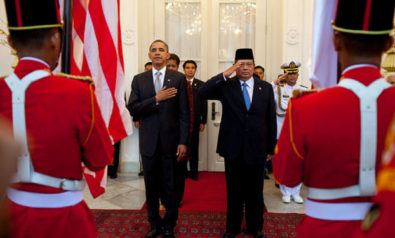
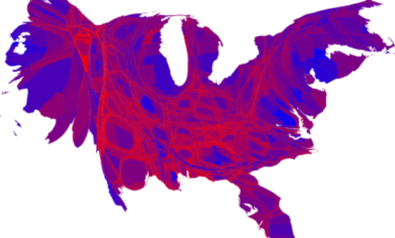
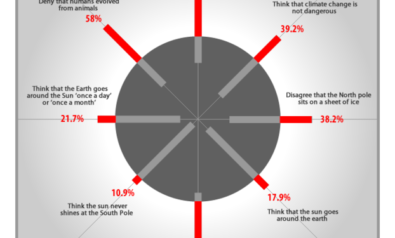
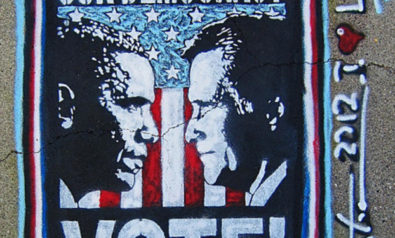
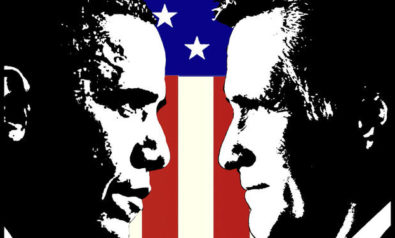
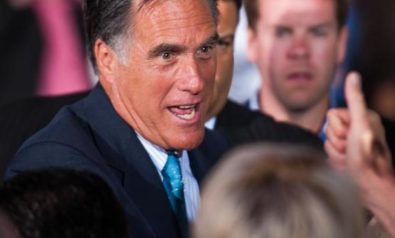

Comment